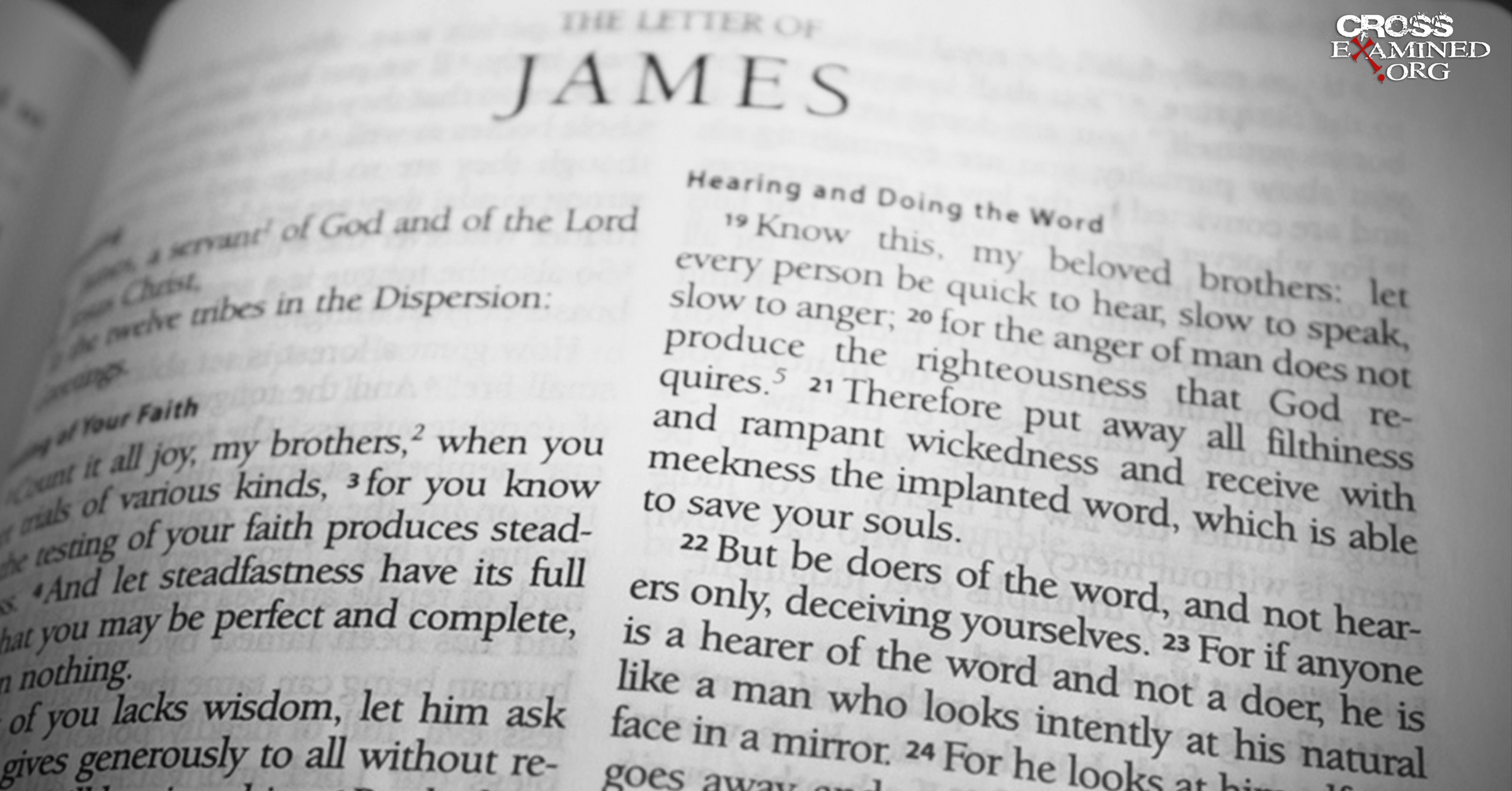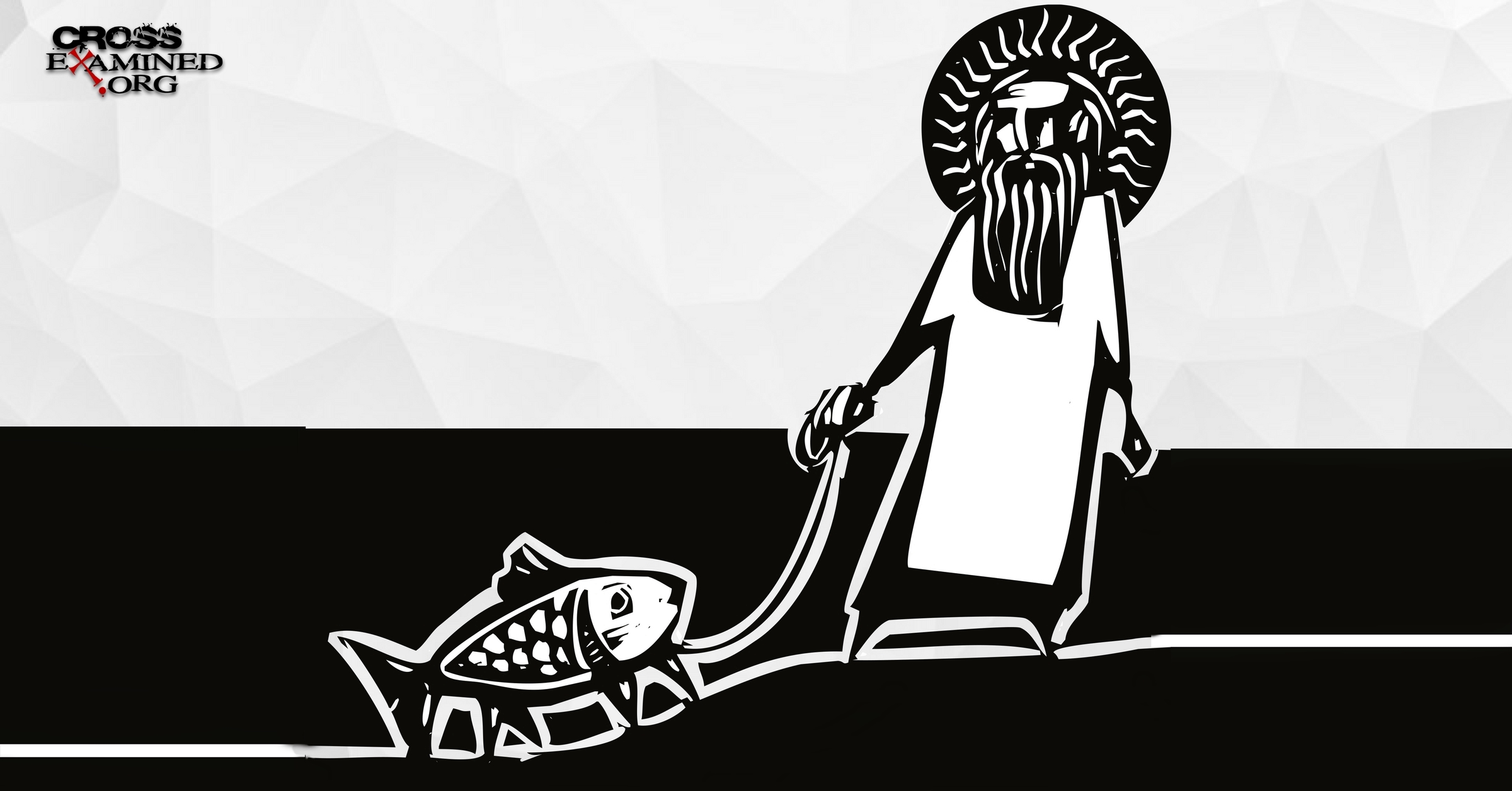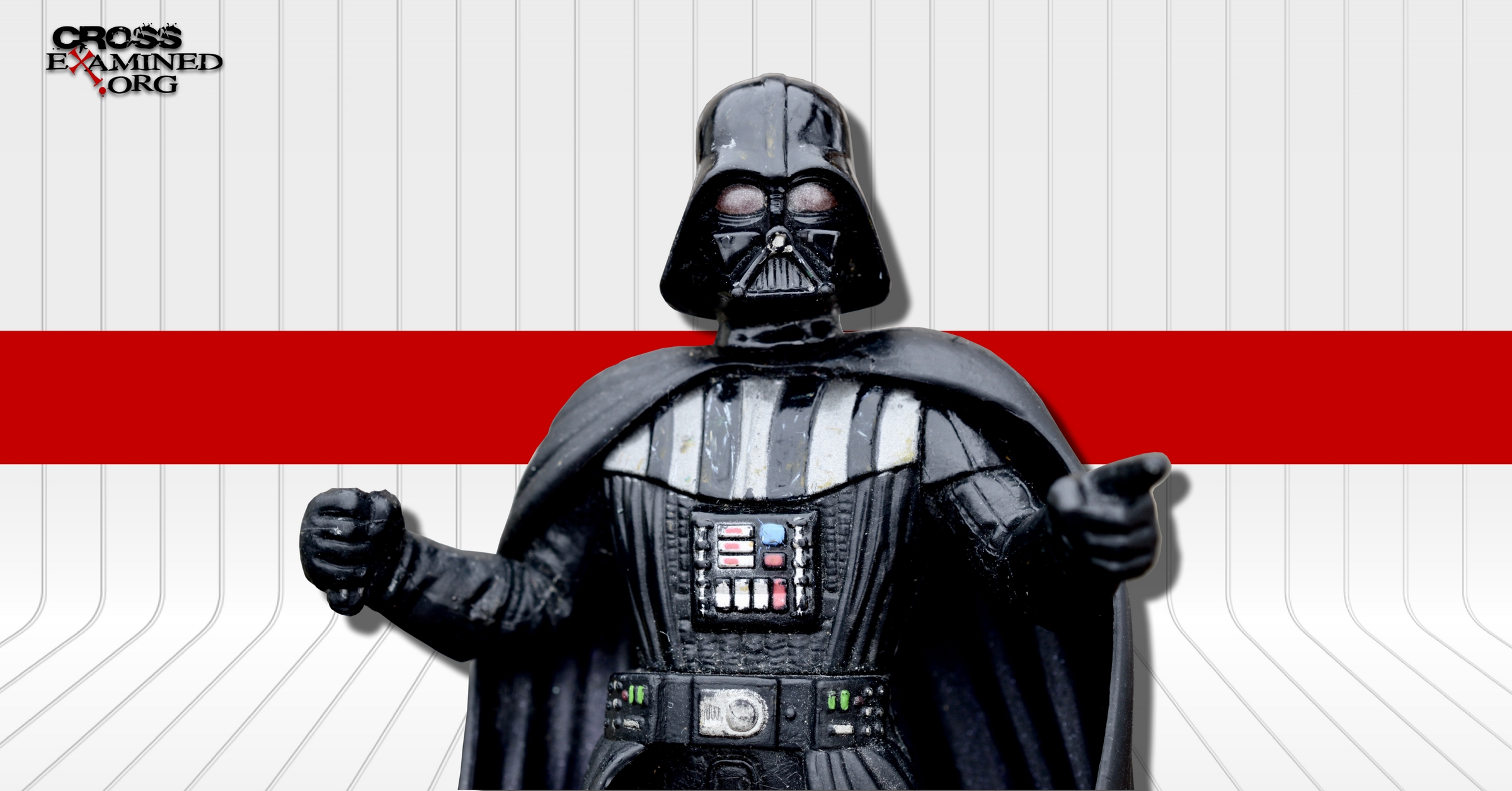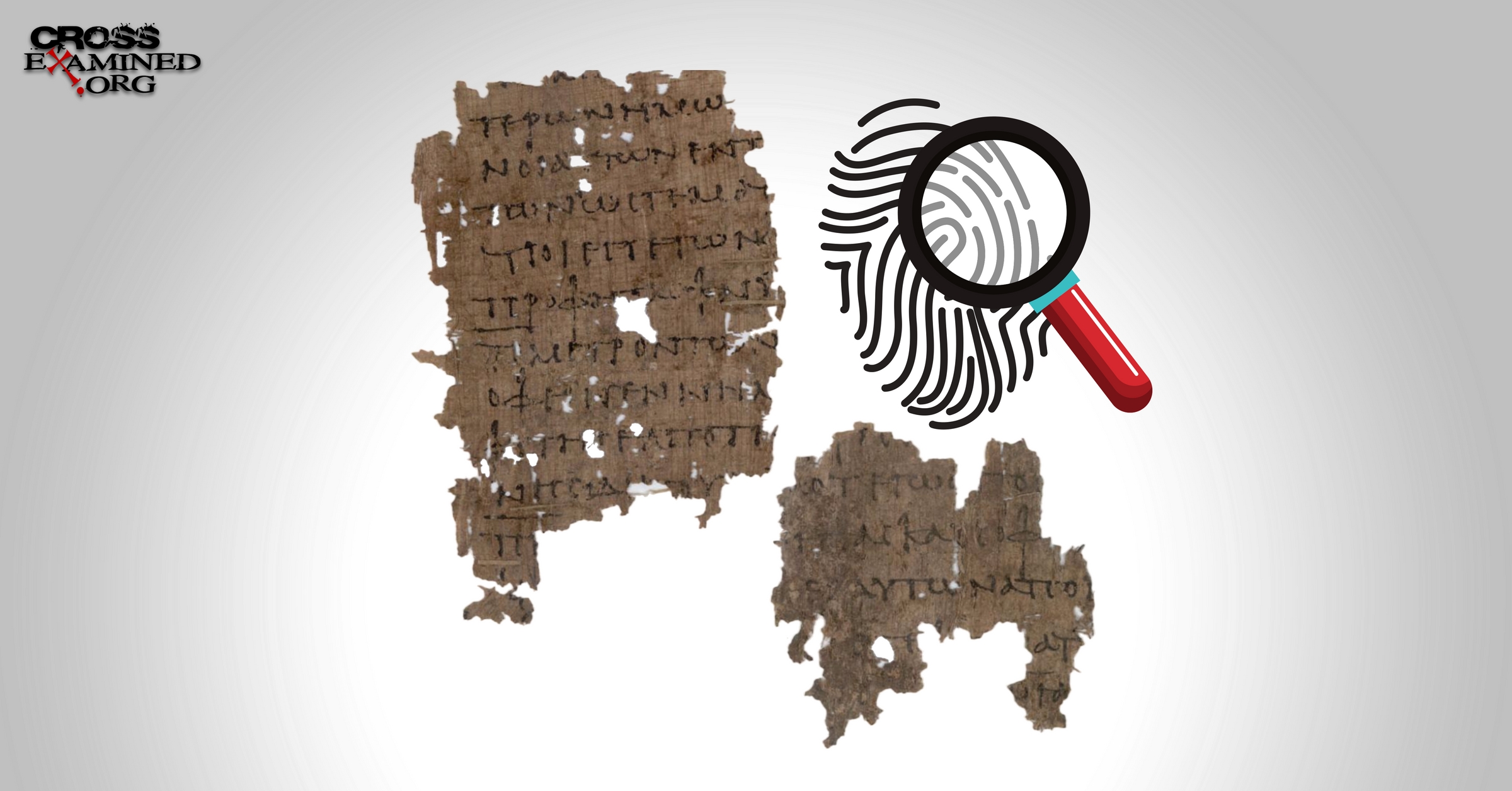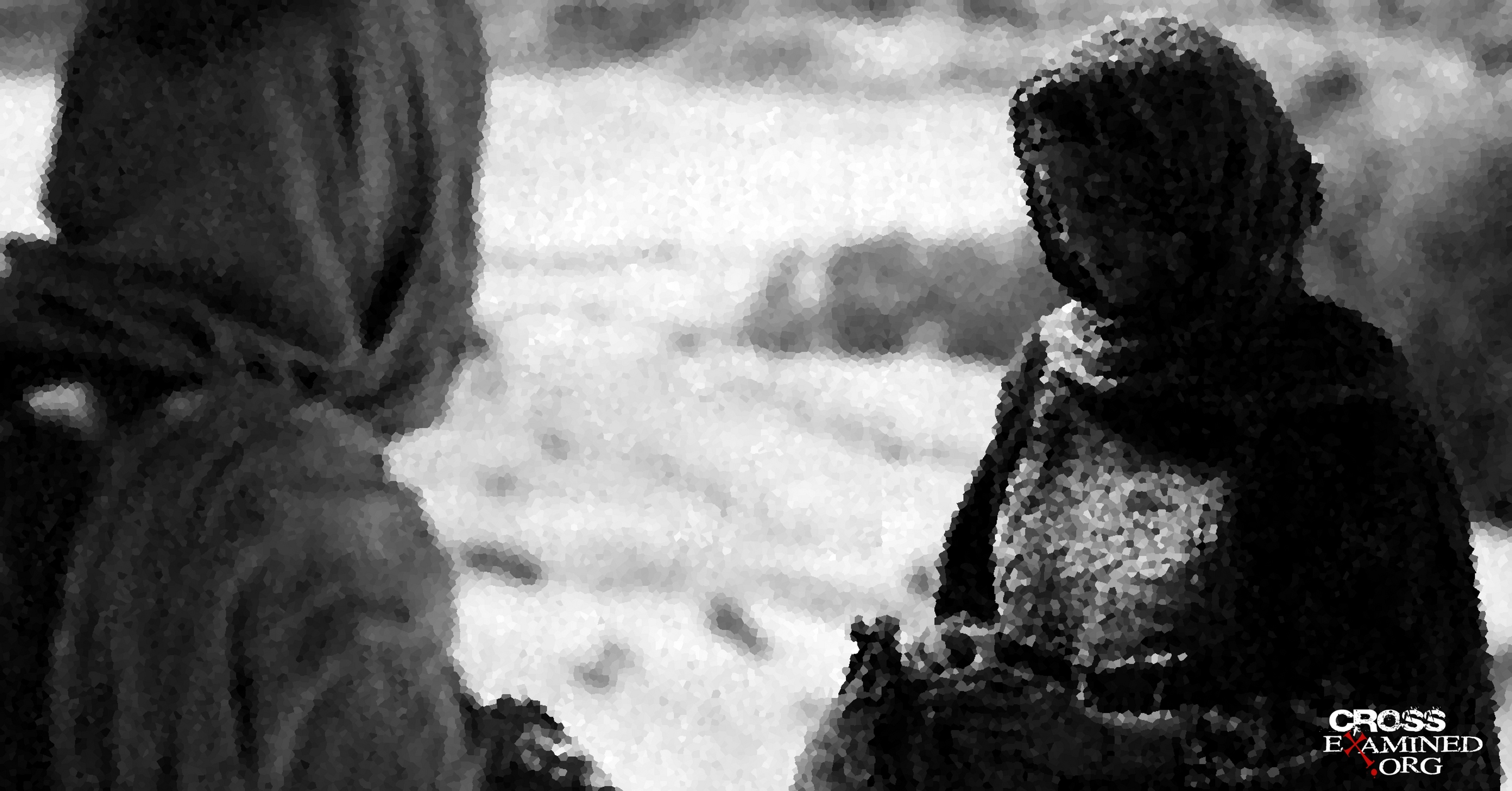By Bryan Chilton
As you know, we have been examining the authorship of the New Testament letters over the past few weeks. Thus far, we have learned that good reasons exist to accept the apostles Matthew and John as authors of the First and Fourth Gospels; John Mark as the author of the Second Gospel, who in turn served as a preserver of Simon Peter’s testimony; Dr. Luke, the beloved physician and colleague of Paul, as the author of the Third Gospel; Paul as the most reasonable author for the 13 letters attributed to him; and most likely Luke as the author of Hebrews. But what about the letter attributed to James? Who is the most likely candidate for the pastoral letter? That is the topic of this article.
Date: Interestingly, the letter attributed to James is most likely the oldest letter in the entire New Testament. Evidence suggests that the letter of James was probably written around the year A.D. 48 as the letter holds more a kinship with Jewish wisdom literature than does further developed Christian literature. James’s tie with the Jerusalem church as well as a thoroughly Jewish focus leads one to believe that the letter was written prior to the Jerusalem Council (c. A.D. 48).
Purpose: Many have claimed, and rightfully so, that James’s letter is somewhat similar to the Jewish wisdom literature found in the Old Testament. The key difference between James and the wisdom literature of the Old Testament is that James contains key exhortations and prophetic elements which are not found in OT wisdom literature.[1]
The book of James is the most practical of all the books in the NT. So practical is James that many have suggested a difference between the theology of James and Paul. However, such differences are quite exaggerated. Paul does focus on grace while James focuses on works. Yet, the two are far more complementary that skeptics suggest. James holds that true, genuine faith will lead to action as one should be a “doer of the word and not hearers only” (James 1:22, CSB). Jesus holds a similar outlook as he notes that one who loves him will obey his commandments (John 14:15). Therefore, James and Paul do not present alternate versions of Christianity. Rather, their message of works subsequent to grace is complementary.[2]
Author: Three people are candidates for authorship of this early letter: James the son of Zebedee, James the son of Alphaeus (also known as James the Less or James the Younger),[3] and James the brother of Jesus (also known as James the Just). James the son of Zebedee could not have authored the letter as he died in A.D. 44 (Acts 12:2).
Pertaining to James the son of Alphaeus, there is no claim in the early church that he wrote the letter. Not much is known pertaining to the whereabouts of James the son of Alphaeus after the early ministry with Jesus. It is thought that James the Less was stoned by the Jewish authorities for preaching Christ and was buried in the Sanctuary in Jerusalem.[4] Justinian is said to have exhumed the body of James and placed his bones in the Church of the Holy Apostles in Constantinople in 332.[5]
This leaves only one possible candidate: James the brother of Jesus, also known as James the Just. James was not a believer in Jesus during Jesus’s earthly ministry (John 7:5). However, James did start following Jesus after Jesus’s resurrection from the dead. He was listed among those to whom Jesus appeared after his resurrection (1 Corinthians 15:7). James was one of the first leaders of the Jerusalem Church (Galatians 2:9). James later died by being pushed off the temple ledge[6] and stoned by the Jewish authorities.[7] With the Jerusalem origin of the letter and the focus on Jewish wisdom literature, James the brother of Jesus is identified as the author of the letter.
Notes
[1] CSB Study Bible (Nashville: Holman, 2017), 1965.
[2] See also Jesus’s illustrations to good and bad fruit in Luke 6:43.
[3] William Steuart McBirnie, The Search for the Twelve Apostles, revised ed (Carol Stream: Tyndale, 1973), 138.
[4] Ibid., 148.
[5] Ibid., 148.
[6] Eusebius, Ecclesiastical History, 2.23.12-16.
[7] “Festus was now dead, and Albinus was but upon the road; so he assembled the sanhedrin of judges, and brought before them the brother of Jesus, who was called Christ, whose name was James, and some others, [or, some of his companions]; and when he had formed an accusation against them as breakers of the law, he delivered them to be stoned.” Josephus, Antiquities 20.200, in Flavius Josephus and William Whiston, The Works of Josephus: Complete and Unabridged (Peabody: Hendrickson, 1987), 538.
About the Author:
Brian Chilton is the founder of BellatorChristi.com and is the host of The Bellator Christi Podcast. He received his Master of Divinity in Theology from Liberty University (with high distinction); his Bachelor of Science in Religious Studies and Philosophy from Gardner-Webb University (with honors); and received certification in Christian Apologetics from Biola University. Brian is in the Ph.D. program in Theology and Apologetics at Liberty University. Brian is full member of the International Society of Christian Apologetics and the Christian Apologetics Alliance. Brian has been in the ministry for over 14 years and serves as the pastor of Huntsville Baptist Church in Yadkinville, North Carolina.
Original Blog Source: http://bit.ly/2uYK9VZ

